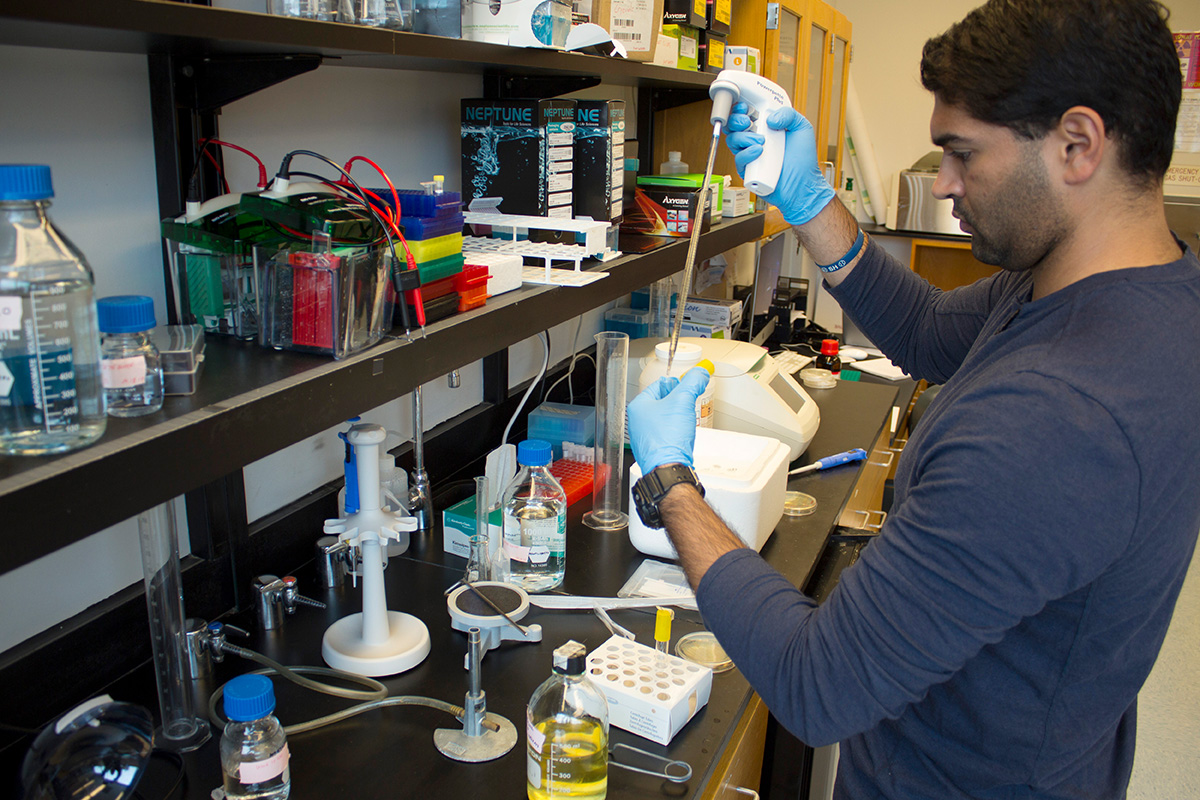Nutritional Sciences, PhD

Doctorate in Nutritional Sciences
Our PhD in Nutritional Sciences emphasizes research and application of research ranging
from basic molecular and cellular sciences to clinical and community applications.
Students enter our program with either a bachelor’s degree in nutrition or a master’s degree in nutrition or a closely related
discipline. Graduates are prepared for careers in higher education, industry, healthcare and
governmental programs.
